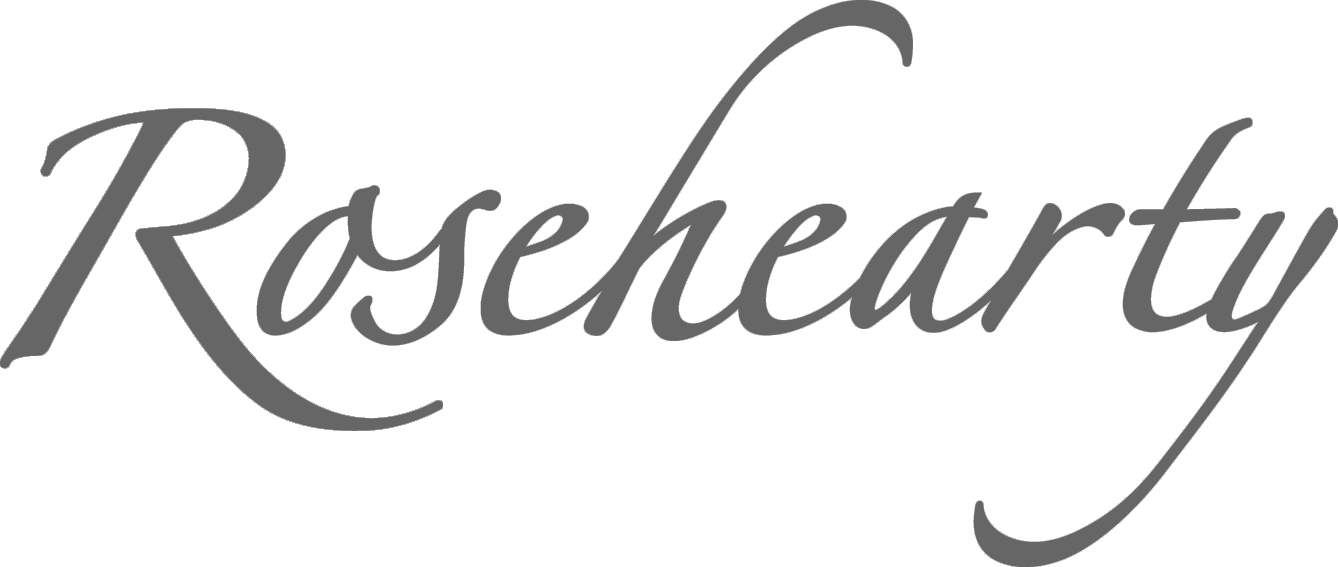The Pocket -- Arctic Bay
/After 4 days and a thousand miles of heading North, we turn West, leaving Baffin Bay and Davis Straits behind. Greenland is far to the east and well below the horizon. With that simple manoeuvre, that port hand turn, we enter Lancaster Sound, the gateway to the Northwest Passage, the fabled route connecting the North Atlantic Ocean with the Beaufort Sea and the Pacific Ocean.
A day earlier, our course brought us close to the coast of Bylot Island. Low cloud obscured the sun and turned the water a steel grey. The snow-capped mountains of the Byam Martin Range stood sentinel over winding glaciers, whose frozen tendrils cut giant swaths across exposed rocky soil. Mud and debris pushed towards the sea. Some of the lower peaks had no snow, the sharp ridge lines resembling the spines of half-buried ancient lizards.
As soon as we turn into Lancaster Sound, the landscape changes dramatically. Sheer cliffs with exposed sedimentary lines guard the deep channel. There is no snow. The land is red, fractured, the color I imagine Mars would be. There are no trees. The water is flat, a mirror. We move at ten knots but it feels like we are standing still. I hear the engine, I see the wake curling away from the hull, but the scale of our surroundings swallows our movements.
From Lancaster Sound we turn south into Admiralty Inlet and from there into the snug anchorage of Arctic Bay in the Nunavut Territory. Ethan opens the brake, and the anchor rumbles out of the hawsepipe, breaking a sunlit but eerie silence. The hamlet of Arctic Bay – or Ikpiarjuk, meaning “the pocket” in the Inuit language -- becomes our first port of call since casting off the lines from Nuuk. Though the journey is well underway, our expedition begins here. We will prep, refuel and in 48 hrs meet the boss and his friends and our expedition leader, all arriving by air from America.
It is good we have a little time here. There is a population of 900 and so far I have only met the two policemen (Royal Canadian Mounted Police), the grocery store cashier, the town comptroller, the gift shop clerk and the Mayor, whose name is Frank. “Our Prime Minister was here yesterday,” he said proudly as we climbed into his pick-up. He had a toothpick balanced in the corner of his mouth.
“Aw just push that stuff aside.” A drill, a hat and one shoe were on the passenger seat.
“And how was the Prime Minister received?” I asked.
“He knows how to work a crowd. They loved him. He met with our oldest village elder, Qaapik Attagutsiak, spent time with the school kids, even took a hike. I think he drove his own people crazy, not following the time schedule.”
“Do you see that shoe?” he said pointing to a black dress shoe squeezed into a zippered felt pouch. “These are my best dress shoes, I wore them for his visit but I’ve lost one. It’s gotta be in here somewhere.”
According to several Canadian newspapers that reported on the visit, Mr. Trudeau announced the creation of a new marine protected area now known as the Tallurutiup Imanga National Marine Conservation Area, and a second area on the northwest coast of Ellesmere Island that will be known as the Tuvaijuittuq Marine Protected Area. Tuvaijuittuq means “the place where the ice never melts.” Together, these reserves cover more than 427,000 square kilometres, an area larger than Newfoundland and Labrador combined.
Mayor Frank told me that of the 900 inhabitants, almost 50% were children under 16. The Rosehearty crew were fortunate enough to meet a few of them – toddler to teen age -- who came to greet us when we first tendered in. They stayed with us the entire day as we filled fuel bladders and transferred them to Rosehearty for pumping on board. They played in the tenders, tried on life jackets, drank from our water flasks, looked through our cameras, showed us their phones, and asked lots of questions: Boxy and I told one young teen we were from New Zealand. “What do you have in New Zealand that we don’t have here?” he asked.
“Trees, I said, lots and lots of trees.”
“I would be afraid,” he replied.
“Why?” I queried.
“Because of the ghosts that hide in them.”
“These are friendly trees, with no ghosts,” Boxy reassured the lad. The boy did not seem convinced.
“We have Kiwi birds,” Boxy continued, “They come out at night, they can’t fly.”
“They must be easy to shoot; are they good to eat?” retorted our companion.
The older kids acted tough, asking for beer or vodka. The younger ones begged for rides in the tender. One young man showed me a photo on his phone of him standing next to a seven and a half foot Narwhal tusk he had just cut out of mature adult male he had shot. He asked me if I liked it, suggesting he could procure one for me too, provided I had the money.
As we left the beach having completed our last fuel and provisioning run, I felt uneasy, balancing my preconceptions of this place and these people against the stark realities of what I actually saw. Fortunately, I have another day to sort things out in this marvelous bay near the top of the world.
—Jonathan
photo by Richard Smith
Photo by Richard Smith
Photo by Richard Smith
Photo by Jonathan Kline
Photo by Peter Box






